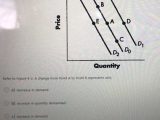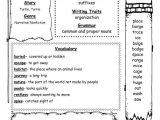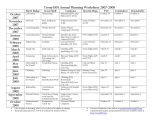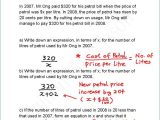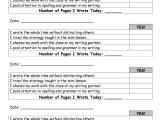In the dynamic landscape of civic education, the Limiting Government iCivics Worksheet Answer Key serves as a valuable compass, guiding students through the intricate terrain of government limitations. This article delves into the key components of the worksheet, unraveling the mysteries of limiting government and fostering a deeper understanding of civic principles.
Understanding the Basics
At the heart of civic education lies the imperative to comprehend the intricacies of government structure and its limitations. The Limiting Government iCivics Worksheet Answer Key acts as a roadmap, providing clarity on fundamental concepts. From the separation of powers to checks and balances, each section unveils layers of knowledge essential for informed citizenship.

Navigating the Worksheet Sections
1. Separation of Powers
The first section of the worksheet unravels the concept of the separation of powers—a cornerstone of democratic governance. Delve into the roles of the legislative, executive, and judicial branches, understanding how their distinct functions contribute to a balanced and accountable government.
2. Checks and Balances
Explore the intricate web of checks and balances designed to prevent the concentration of power in any one branch. The worksheet offers insights into how each branch monitors the actions of the others, fostering a system of mutual accountability crucial for a thriving democracy.
3. Federalism
Federalism, another critical aspect of government structure, is dissected in the worksheet. Gain a comprehensive understanding of the division of powers between the federal and state governments, exploring the delicate balance that underpins the American system.
Unlocking the Answer Key
With the Limiting Government iCivics Worksheet Answer Key in hand, students can assess their understanding and reinforce their knowledge. The answers provide a roadmap for self-assessment, ensuring that learners grasp the nuances of limiting government and its role in safeguarding individual rights.

Practical Applications in Daily Life
The worksheet transcends theoretical concepts, encouraging students to apply their knowledge to real-life scenarios. By connecting the dots between limiting government and personal freedoms, learners can appreciate the tangible impact of civic principles on their lives.
Empowering Informed Citizenship
As students engage with the Limiting Government iCivics Worksheet Answer Key, they embark on a journey toward informed citizenship. The user-friendly format of the worksheet, coupled with the insightful answer key, empowers learners to navigate the complexities of government limitations confidently.
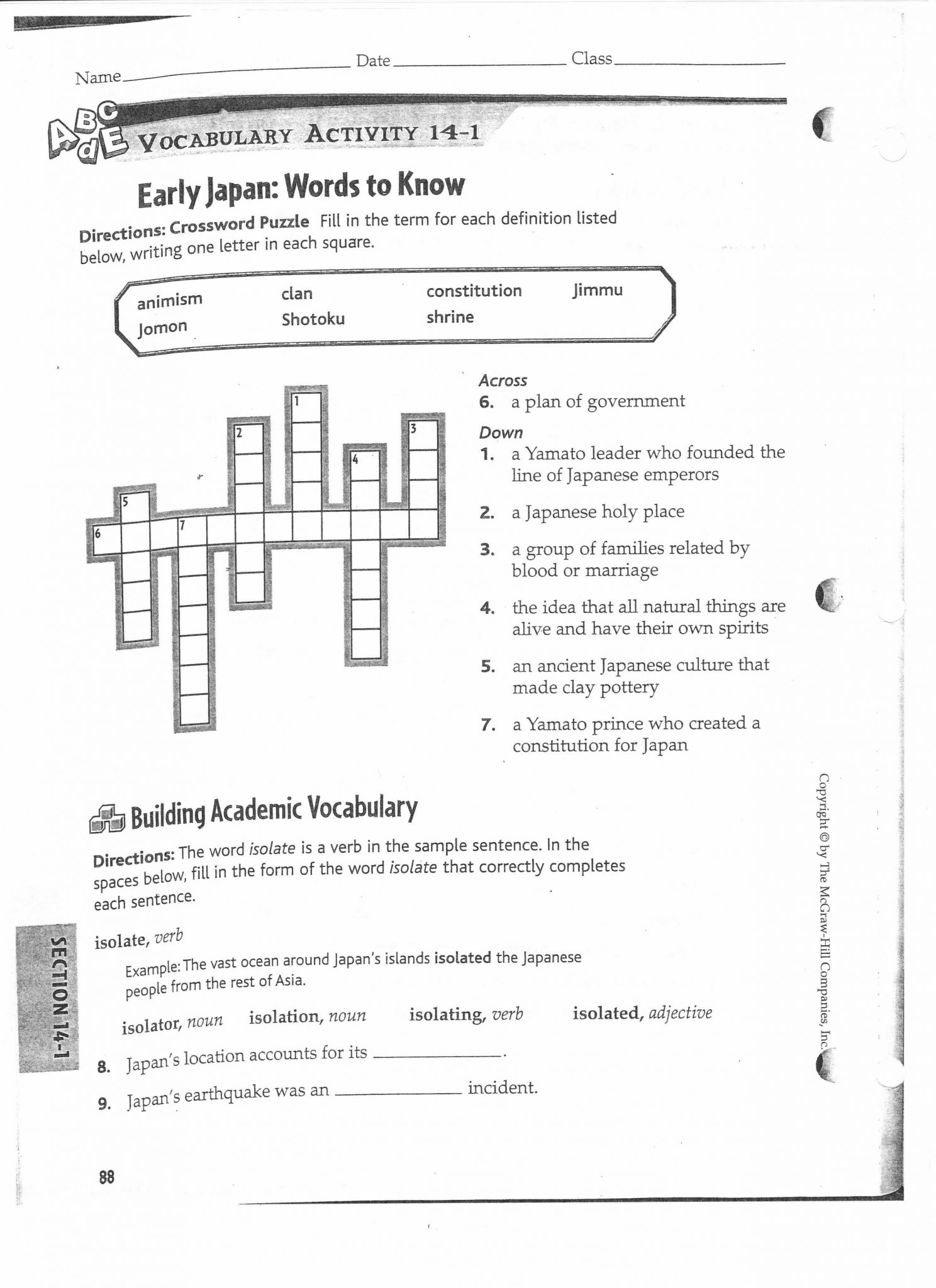
Beyond the Worksheet: Continuing the Civic Education Journey
While the Limiting Government iCivics Worksheet Answer Key lays a solid foundation, the pursuit of civic knowledge doesn’t end there. Encourage students to explore additional resources, engage in discussions, and seek out real-world examples that illustrate the principles they’ve learned.
1. Interactive Simulations
Supplementing the worksheet experience with iCivics’ interactive simulations can bring concepts to life. Simulations like “Do I Have a Right?” or “Executive Command” allow students to actively participate in decision-making scenarios, reinforcing their understanding of how government limitations function in practical situations.
2. Current Events Analysis
Stay connected to the ever-changing landscape of politics and governance by incorporating current events into the learning process. Discussing how recent events align with or challenge the principles outlined in the worksheet fosters a nuanced perspective and a deeper appreciation for the relevance of civic education.
3. Classroom Discussions
Foster an environment of active learning through classroom discussions. Encourage students to share their insights, ask questions, and engage in debates on topics related to limiting government. This collaborative approach not only enhances individual understanding but also cultivates critical thinking skills.
Addressing Common Misconceptions
As students delve into the Limiting Government iCivics Worksheet Answer Key, it’s essential to address common misconceptions that may arise. Clearing up misunderstandings ensures a more accurate and nuanced comprehension of the material.
1. Overcoming Oversimplification
While worksheets provide a structured learning experience, students should be reminded that real-world governance is often more complex. Encourage them to explore the nuances of political decisions, acknowledging that the worksheet serves as a starting point for understanding rather than a comprehensive guide.
2. Emphasizing the Dynamic Nature of Democracy
Help students appreciate that democratic principles, including those related to limiting government, are not static. Governments evolve, laws change, and societal values shift. The worksheet captures a snapshot of foundational concepts, but students should recognize the dynamic nature of democratic governance.
Promoting Lifelong Civic Engagement
Civic education extends beyond the classroom, aiming to instill a sense of responsibility and engagement in students that lasts a lifetime. As they master the Limiting Government iCivics Worksheet Answer Key, encourage them to actively participate in civic activities and become informed contributors to their communities.
1. Community Involvement
Inspire students to engage in community projects, volunteer work, or local government initiatives. Connecting theoretical knowledge to practical experiences reinforces the importance of active citizenship and demonstrates the real-world impact individuals can have.
2. Advocacy for Change
Encourage students to identify issues they are passionate about and guide them in advocating for positive change. Whether through writing letters, participating in peaceful protests, or engaging with elected officials, students can leverage their understanding of limiting government to champion social justice causes.
Conclusion: Empowering the Future Citizens
In the realm of civic education, the Limiting Government iCivics Worksheet Answer Key is not merely a standalone resource; it’s a stepping stone toward a lifelong journey of informed citizenship. By embracing additional learning opportunities, addressing misconceptions, and promoting active engagement, educators can empower students to become thoughtful, responsible contributors to a vibrant democracy. As we equip the next generation with the tools to navigate the complexities of governance, we sow the seeds for a society that values civic participation and upholds the principles of democracy.
